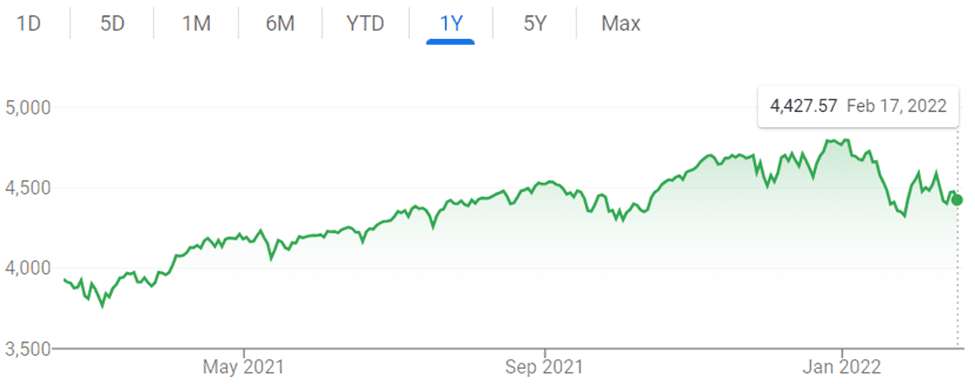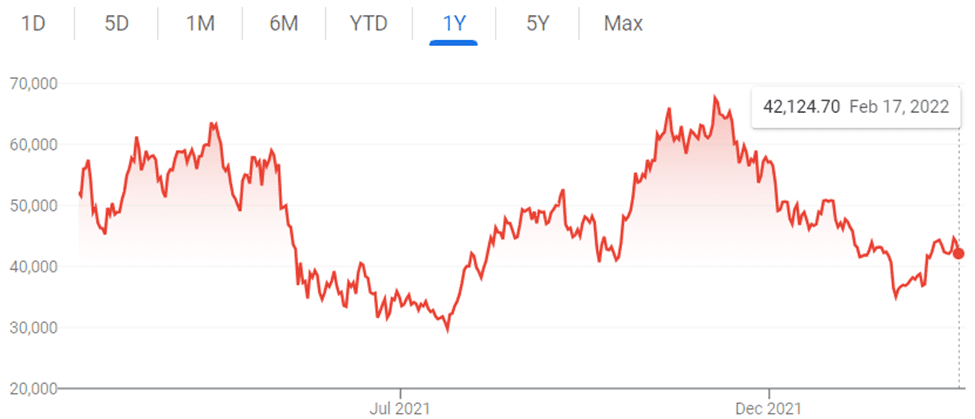Cryptocurrencies have been around long enough to begin showing up in unexpected places. For example, the investment portfolios of people who don't really fit the "crypto bro (or sis)" stereotype. Amateur investors, tempted by the stories of incredible returns, are starting to include some bets on this volatile asset. The Super Bowl this year featured multiple ads for cryptocurrency trading platforms. While it's unclear how many Super Bowl viewers are going to actually download the apps and buy, it's clear that this market is here to stay, at least for the immediate future.
So, some portfolios will include cryptocurrencies. And some of those portfolios will be included in a trust. And some of those trusts will end up under the management of a successor Trustee. What is the right way to handle these assets under these circumstances?
The key thing to remember is that the Settlor (or originator of the revocable Trust) is free to manage her money based on her own risk tolerance. If she wants to allocate some portion to cryptocurrency, she's completely entitled to do so. She can invest in gold coins, alpacas, Las Vegas real estate.....anything she likes. It's her money.
But upon her death or incapacity and the passing of the irrevocable trust to a Successor Trustee, the rules change. A Successor Trustee is bound by the Uniform Prudent Investor Act, which is an actual thing and not something I just made up (California Probate Code 16045-16054). The Act specifically requires a Trustee to review the investments within a "reasonable" time after accepting the Trust and then invest and manage Trust assets “as a prudent investor would, by considering the purposes, terms, distribution requirements, and other circumstances of the trust.” Moreover, it requires investments that take into account the needs of the entire Trust and beneficiaries, not those of the Settlor.
What does that mean? A simple rule of thumb is that investments within the Trust should be defensible when standing in front of beneficiaries or a judge. And judges, in particular, take a dim view of speculative investments.
Take a look at the two charts below. The first is for the Standard & Poor's 500 Index, the second is for Bitcoin pricing. Both are for the past year.
Standard and Poor's 500 Index

Bitcoin Price

The thing is, assets within the Trust will need to be distributed eventually. And since the Trustee does not know the exact timing of the distribution, volatility (that is, wild swings in daily prices) are risky. You might get lucky. Maybe the liquidation date falls on an upswing. But you might hit a dip in the pricing and then you're stuck explaining why the beneficiaries got less than they expected.
Because of the extreme volatility of cryptocurrency assets, the most reasonable approach when taking over a trust that includes these assets is to convert them into a more balanced blend of equity and debt instruments early in the process and to document your approach in order to answer any future questions. You might miss out on some upside, but the downsides of holding such a volatile investment outweigh any potential gains.
Additional Articles



